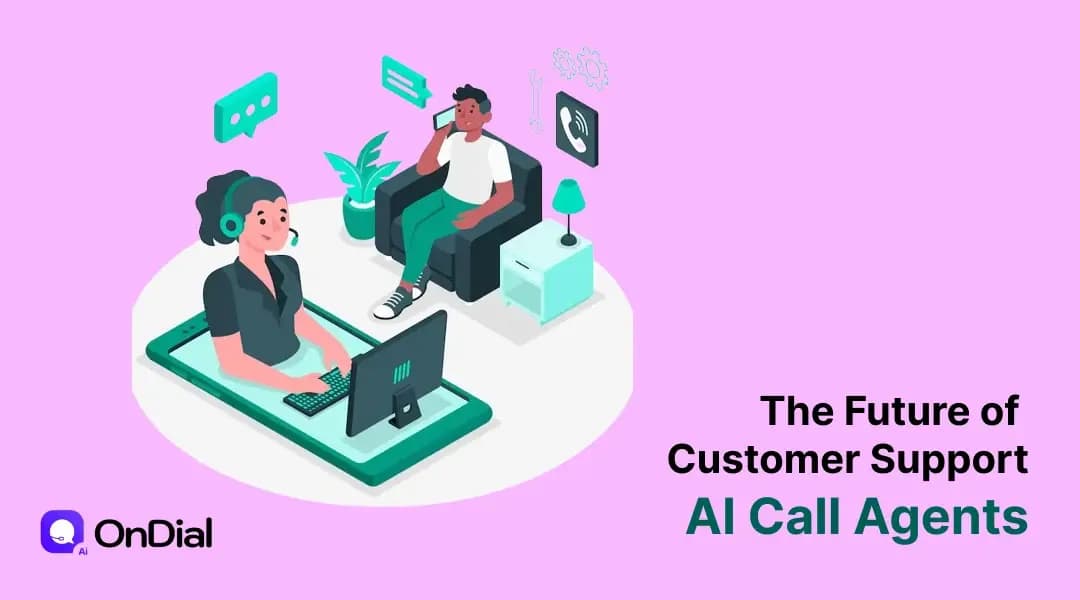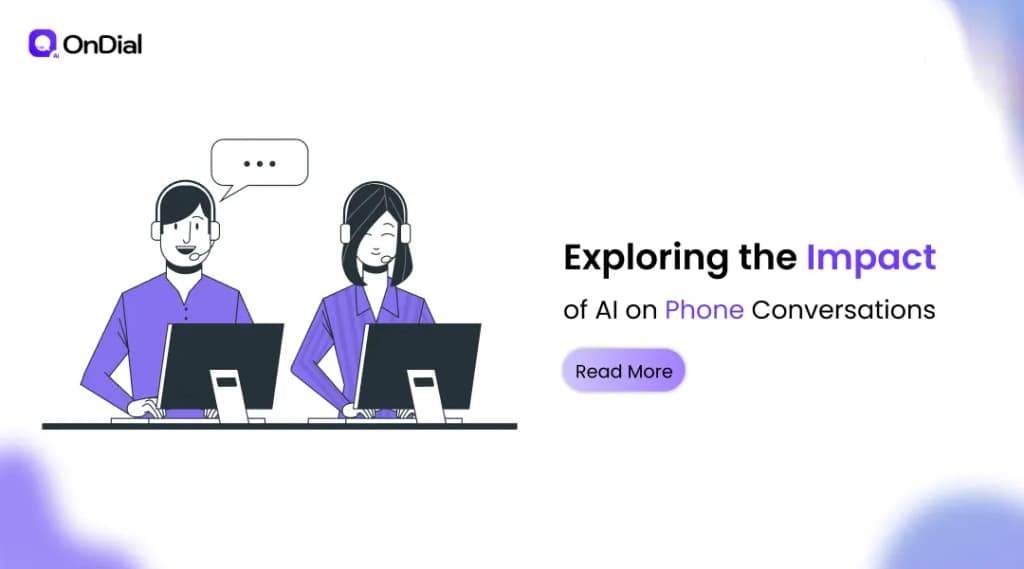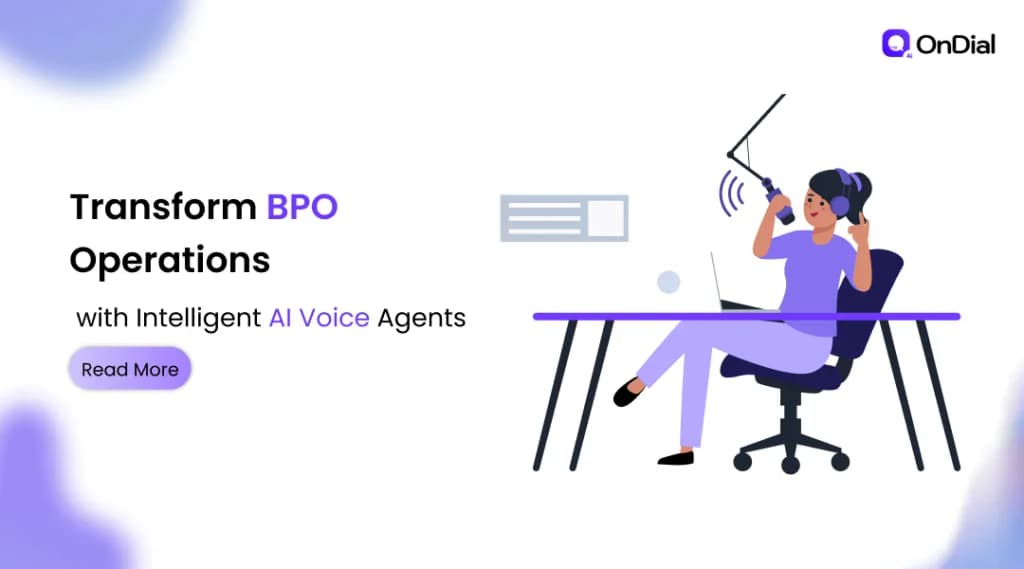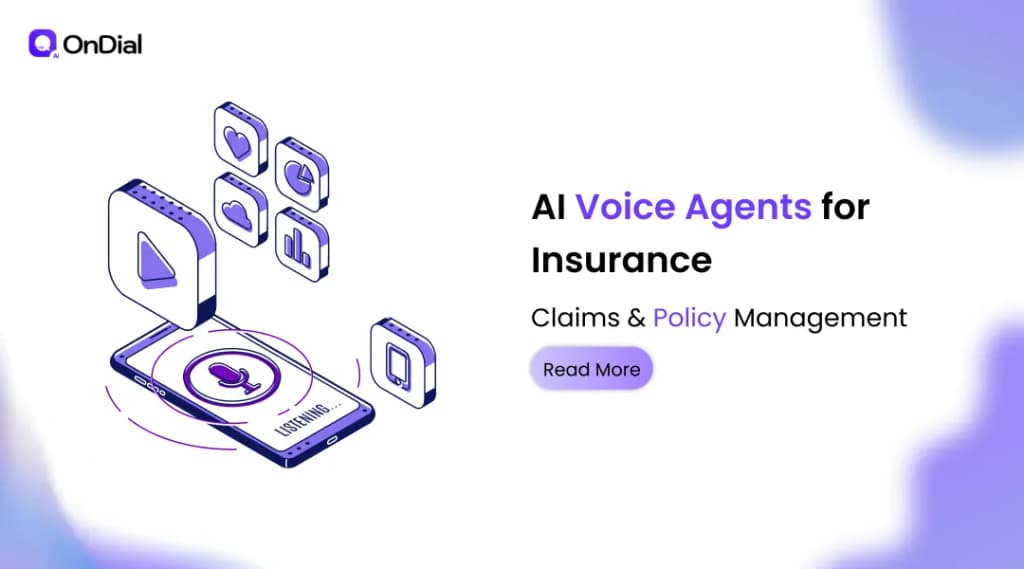I’ll be blunt: customer support is broken. We all know it. Customers wait too long. Agents are burned out. Businesses bleed money trying to balance quality and cost.
I’ve sat in war rooms where managers argue whether to add “just 20 more agents” before the holiday rush. I’ve seen brilliant startups collapse under a flood of unresolved tickets. And I’ve listened to frustrated customers whisper the dreaded words: “I’ll never buy from them again.”
That’s why AI call agents aren’t just another tech fad, they’re a lifeline. But here’s the catch: they’re not magic. They’re not going to erase human support. They will reshape it. The future of customer support isn’t AI or humans. It’s both, stitched together in ways we’re just starting to grasp.
AI Call Agents vs. Traditional Customer Support
Traditional call centers rely on human labor, skilled, yes, but expensive, inconsistent, and prone to burnout. Training takes weeks. Attrition is brutal. Scaling means hiring.
AI call agents flip that equation. They’re virtual customer service agents, powered by conversational AI solutions that can handle AI phone calls with natural speech, memory, and contextual understanding.
But don’t romanticize it. AI agents aren’t here to replace every human—they’re here to offload the repetitive, rule-based grunt work. Humans still handle empathy-heavy, judgment-driven conversations. The future belongs to hybrid support models.
Benefits of AI in Customer Support
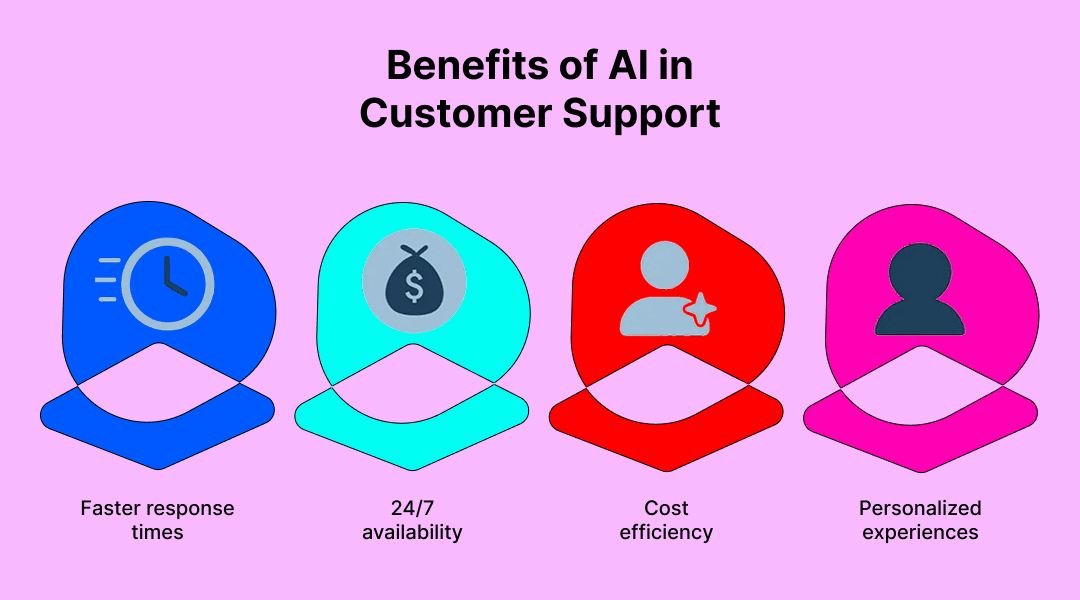
Faster response times
Nobody likes waiting on hold. AI call agents can pick up in seconds, resolve simple issues instantly, and escalate complex ones with context intact.
24/7 availability
Unlike human teams, AI doesn’t sleep. A customer calling at 3 AM gets the same immediate attention as one at noon.
Cost efficiency
Here’s where CFOs perk up. AI customer support solutions cut down on overhead by automating high-volume, low-value calls. The cost per resolution plummets.
Personalized experiences
Good AI doesn’t just answer—it remembers. It can recognize repeat customers, reference past interactions, and offer tailored suggestions. Done right, it feels less like a machine and more like a voice assistant who actually knows you.
Top Use Cases of AI Call Agents in Business
E-commerce & Retail
Order tracking, returns, product availability, and payment confirmations, tasks AI handles flawlessly. Human agents can then focus on upselling, complaints, and relationship-building.
Banking & Finance
Balance inquiries, loan eligibility checks, fraud alerts, and even proactive reminders for bill payments. Compliance and trust matter here, so AI must be built responsibly.
Healthcare
Appointment booking, test results notifications, and insurance verification. No, AI shouldn’t break bad news, but it can absolutely streamline the administrative grind.
Travel & Hospitality
Flight updates, reservation changes, check-in reminders, and loyalty program inquiries. Imagine a customer call experience where “your call is important” is replaced by immediate action.
AI Call Agents vs. AI Chatbots: Key Differences
This is where confusion reigns. Let me be clear: chatbots and AI call agents are not the same.
- Chatbots: Text-based. Often stuck on websites or apps. Great for FAQs, terrible for nuance.
- AI Call Agents: Voice-first. They handle AI phone calls, replicate natural dialogue, and are far better at mimicking human cadence.
In other words: chatbots live in a corner. AI call agents live on the frontlines.
How AI Call Agents Improve Customer Experience (CX)
Customer experience isn’t about “wow moments” alone. It’s about reliability. Predictability. Respecting people’s time.
AI support agents deliver that by:
- Eliminating long waits.
- Preserving context across calls.
- Giving consistent answers, every time.
- Freeing humans to provide empathy where it actually matters.
The result? Fewer frustrated sighs. More loyalty. Better reviews. And yes, higher revenue.
Challenges & Limitations of AI Call Agents
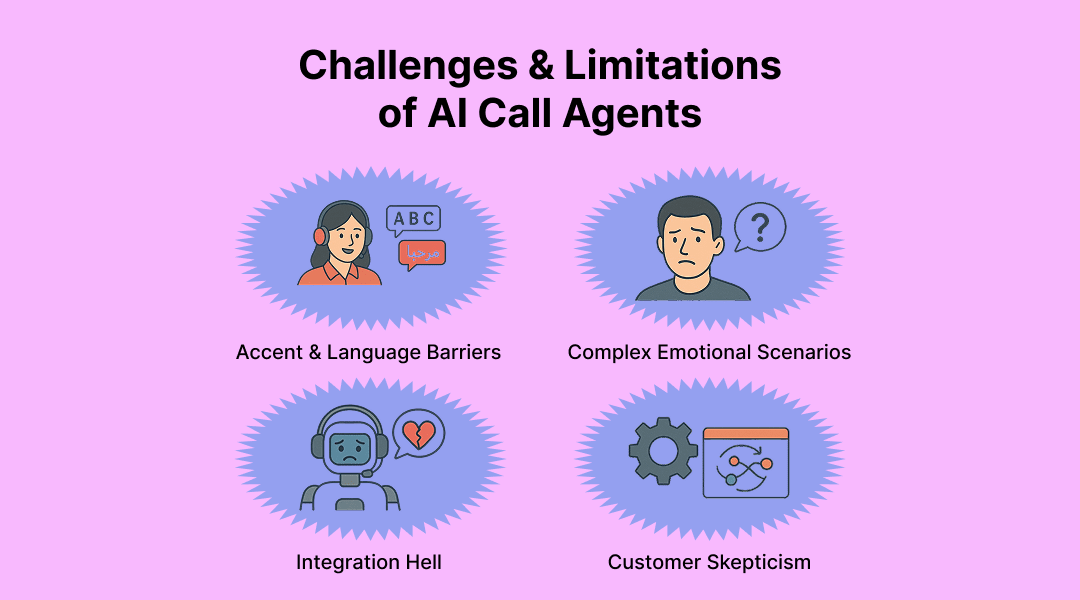
I’d love to tell you AI solves everything. It doesn’t.
- Accent & Language Barriers: Not every system handles multilingual nuance well.
- Complex Emotional Scenarios: AI can’t yet fully handle grief, anger, or subtle persuasion.
- Integration Hell: Without clean CRM and backend integration, even the best AI falls flat.
- Customer Skepticism: Some people hate talking to machines. Transparency is key.
This isn’t sci-fi, it’s still software. Flawed, evolving, and only as good as its training.
The Future of AI in Customer Support
Human-AI collaboration
Picture this: AI handles routine verification, then transfers to a human who already knows the caller’s name, issue, and history. Smooth. Efficient. Respectful.
Hyper-personalization
Next-gen customer support technology won’t just know who you are. It’ll anticipate why you’re calling. “Hi, Alex, your package is still delayed, I’ve already requested a priority shipment. Do you want SMS updates?” That’s not a script. That’s intelligent anticipation.
Predictive support
This is the holy grail: AI reaching out before problems even occur. A virtual customer service agent called to say, “Your account shows unusual activity, let’s secure it.” That’s support before support.
Conclusion
The future of customer support isn’t a faceless robot army. It’s AI call agents working alongside human teams to create something better than either could achieve alone.
If you’re a business leader, here’s my advice: stop asking “Will AI replace my agents?” Start asking “Which calls do I want my human agents to actually spend their time on?”
That’s the real future. And it’s already here.
